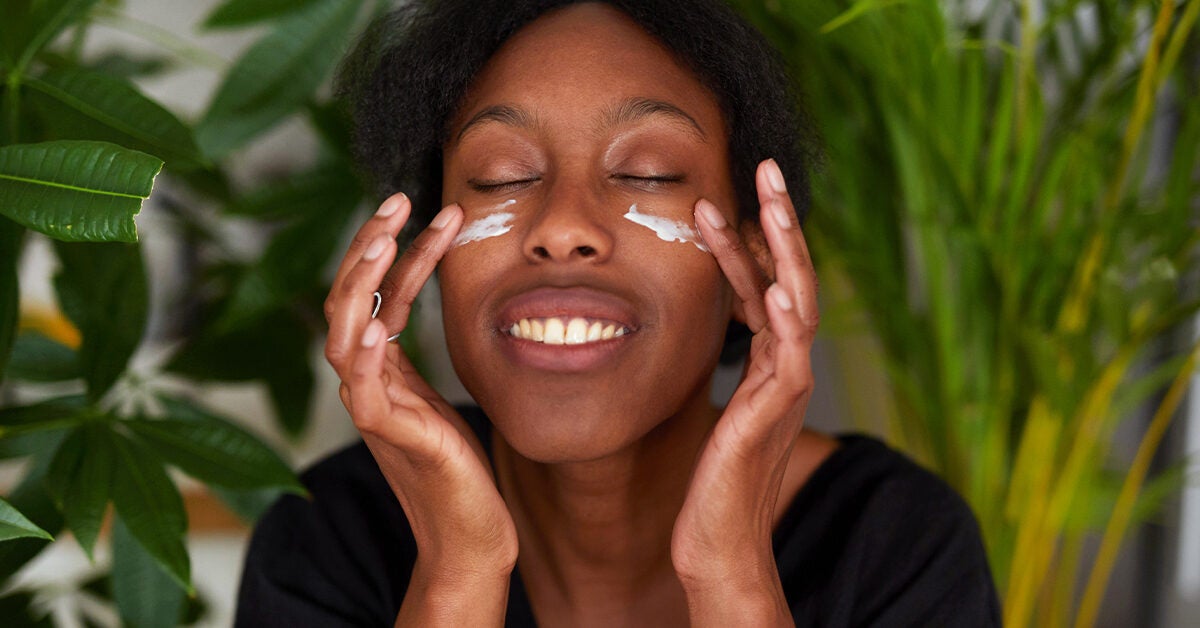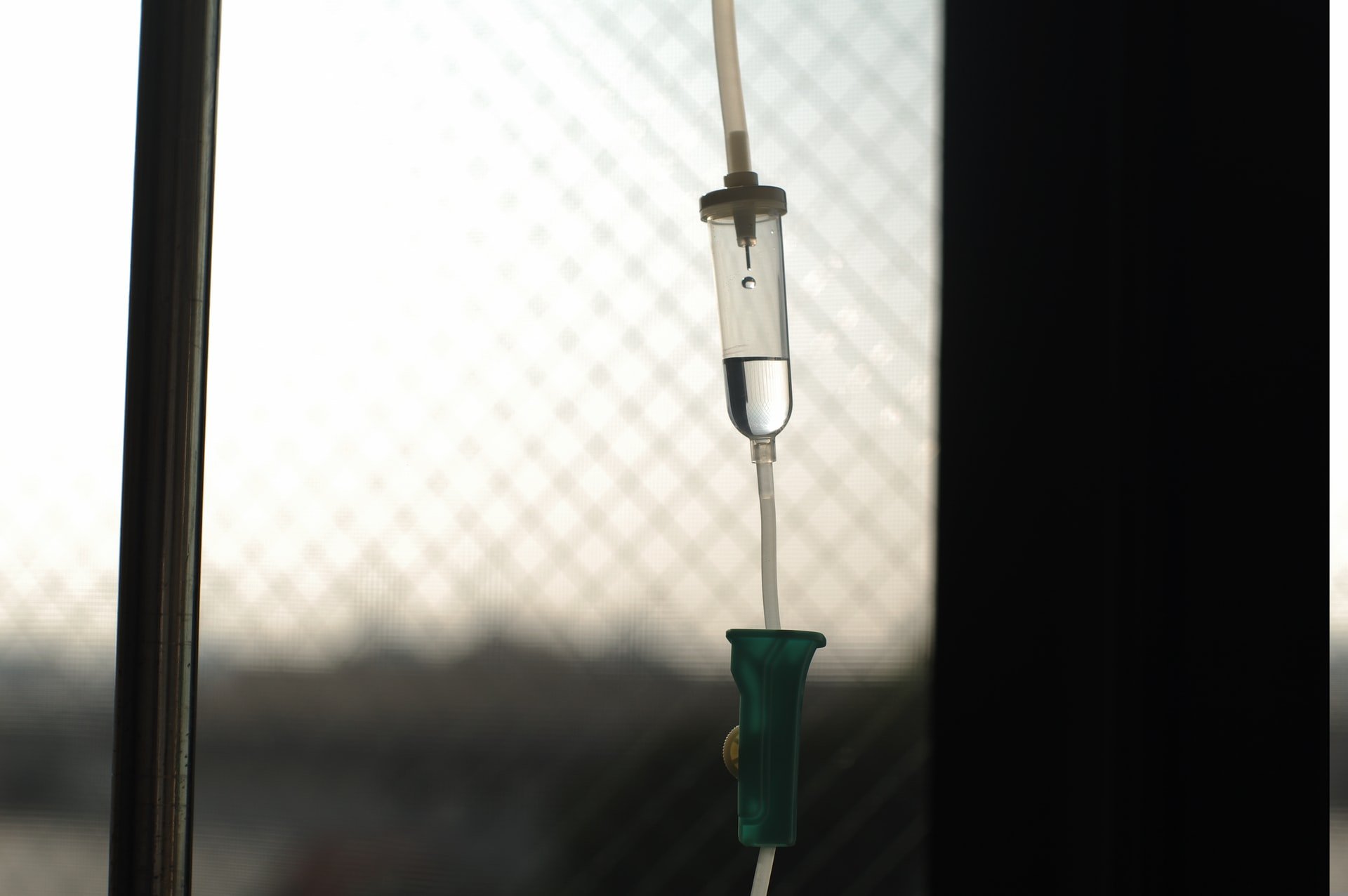
We include products we think are useful for our readers. If you buy through links on this page, we may earn a small commission. Here’s our process.
The molecule polyglutamic acid has been known for more than 80 years, according to a
The same study above showed that polyglutamic acid is made of strands of the amino acid glutamic acid and is produced by several types of Bacillus bacteria through fermentation. Amino acids are the building blocks of proteins.
When used in skin care, polyglutamic acid helps draw moisture from the atmosphere into your skin. Its properties are similar to other commonly used moisturizing ingredients like hyaluronic acid and glycerin.
Keep reading to learn how you can best use polyglutamic acid to keep your skin hydrated and healthy.
Polyglutamic acid is a polypeptide that has many properties of interest to researchers, such as:
- water-solubility
- edibility
- environmental friendliness
Polypeptides are long chains of amino acids, the building blocks of proteins. Polyglutamic acid is made from chains of the amino acid glutamic acid. Research is continuing to look at polyglutamic acid’s potential use for:
- water treatment
- delivering some medications
- skin moisturizing
Polyglutamic acid is also found in the traditional Japanese food made from fermented soybeans, called “natto.”
In skin care, polyglutamic acid acts as a humectant. A humectant is a substance that pulls moisture from the air and into your skin.
Even if you’re not familiar with the term “humectant,” you may be familiar with some other common humectants used in skin care, such as:
Here’s a look at some of the specific ways glutamic acid can benefit your skin.
Moisturizes your skin
The primary benefit of polyglutamic acid and other humectants is keeping your skin moist by drawing moisture from the atmosphere into the upper layers of your skin.
A 2015 research review found that polyglutamic acid can increase your body’s production of the following natural moisturizing factors:
- carboxylic acid
- lactic acid
- pyrrolidone
- urocanic acid
The substances above are naturally produced by your skin. They help keep your skin hydrated by locking in moisture.
Reduces wrinkles
Polyglutamic acid may help reduce the appearance of wrinkles by keeping your skin hydrated. Dry skin tends to shrivel and can make wrinkles and fine lines more noticeable.
One
A 2018 research review found that hyaluronic acid reduces the effects of wrinkles and aging by improving skin hydration and stimulating the production of collagen and elastin.
Collagen and elastin are the two key proteins that give your skin its elastic properties
Reduces the effects of aging
Polyglutamic acid may help reduce the effects of aging like dry or sagging skin by keeping your skin hydrated.
A 2017 study suggested that polyglutamic acid may inhibit an enzyme called hyaluronidase. This enzyme breaks down hyaluronic acid, a naturally occurring substance that helps your skin retain moisture.
Wound healing
A 2015 animal study found evidence that polyglutamic may have the potential to speed up wound healing.
More human research is needed to understand how it could be best used in humans for this purpose. However, a 2016 study examined its potential role in wound dressings.
Polyglutamic acid generally seems to be safe, but any time you add a new substance to your skin care regime, it’s a good idea to be careful.
It’s possible to develop an allergic reaction to either polyglutamic acid or one of the other ingredients added to the product.
Allergic symptoms can include:
The first time you use polyglutamic acid, you may want to apply it to a small section of skin away from your face and wait 24 hours to see if you develop any symptoms.
Polyglutamic acid comes in a variety of forms. To keep your skin hydrated, stick to topical forms of polyglutamic acid. Oral polyglutamic acid supplements have medical uses unrelated to skin care.
- Polyglutamic acid serum. You can apply a polyglutamic acid serum or other hydrating serums to your face up to twice daily to help keep your face moisturized.
- Polyglutamic acid creams, gels, or lotions. Many companies sell creams and other topical products containing polyglutamic to target your face or the area around your eyes. Often polyglutamic acid is combined with other ingredients that reduce the effects of aging.
- Polyglutamic acid supplement. You may find polyglutamic acid in supplement form, but it’s unlikely to improve your skin health. Polyglutamic acid supplements may increase calcium bioavailability and help prevent osteoporosis, according to a 2016 research review.
Polyglutamic acid and hyaluronic acid are both humectants with similar properties.
One
However, you may not need to choose one of these substances over the other since they can both potentially benefit your skin in different ways.
Your skin naturally produces hyaluronic acid to keep itself hydrated. As you age, your body produces less and your skin tends to get drier. The following can speed up your loss of hyaluronic acid.
- smoking
- exposure to ultraviolet rays
- tobacco use
Polyglutamic acid’s potential benefits come from inhibiting the breakdown of hyaluronic acid and stimulating the production of natural moisturizing factors on the surface of your skin.
Polyglutamic acid acts as a humectant when applied to your skin. Humectants are substances that draw water from the atmosphere into your skin.
Polyglutamic acid has similar properties as other humectants used in cosmetics, such as AHAs or glycerin. You can use polyglutamic acid by itself or combine it with other substances that reduce the effects of aging like hyaluronic acid.



